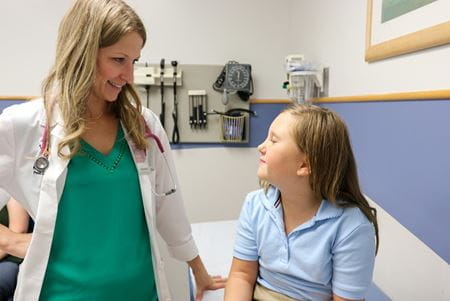The presence of type 2 diabetes in children is conclusively linked to the obesity epidemic. Current estimates suggest that if the risk factors for type 2 diabetes are left unaddressed, one out of three people born in the year 2000 will develop diabetes over the course of his or her lifetime; one in two if Latino. Yet, the function of type 2 diabetes in children remains under-studied and poorly understood.
It is clear that adolescents do not behave as adults when it comes to type 2 diabetes, and early research of the condition has led to the realization that disease control among adolescents with type 2 diabetes often deteriorates substantially within just a few years of diagnosis and is associated with early complications of the disease. Likewise, preventative, diagnostic, and treatment methods are relatively untested in pediatric and adolescent populations as compared to older adult populations.
The Center for Pediatric Obesity and Diabetes Prevention seeks to advance the health of vulnerable populations through internationally recognized research focusing on mechanisms of progression from obesity to type 2 diabetes, defining best practices for obesity/diabetes prevention among youth, and cost-effective translation of the research to the community.

 The Youth Diabetes Prevention Clinic is designed to clinically treat children and adolescents (aged 10–21) who have evidence of prediabetes or prevalent risk factors for the development of diabetes. The clinical treatment program uses the
The Youth Diabetes Prevention Clinic is designed to clinically treat children and adolescents (aged 10–21) who have evidence of prediabetes or prevalent risk factors for the development of diabetes. The clinical treatment program uses the